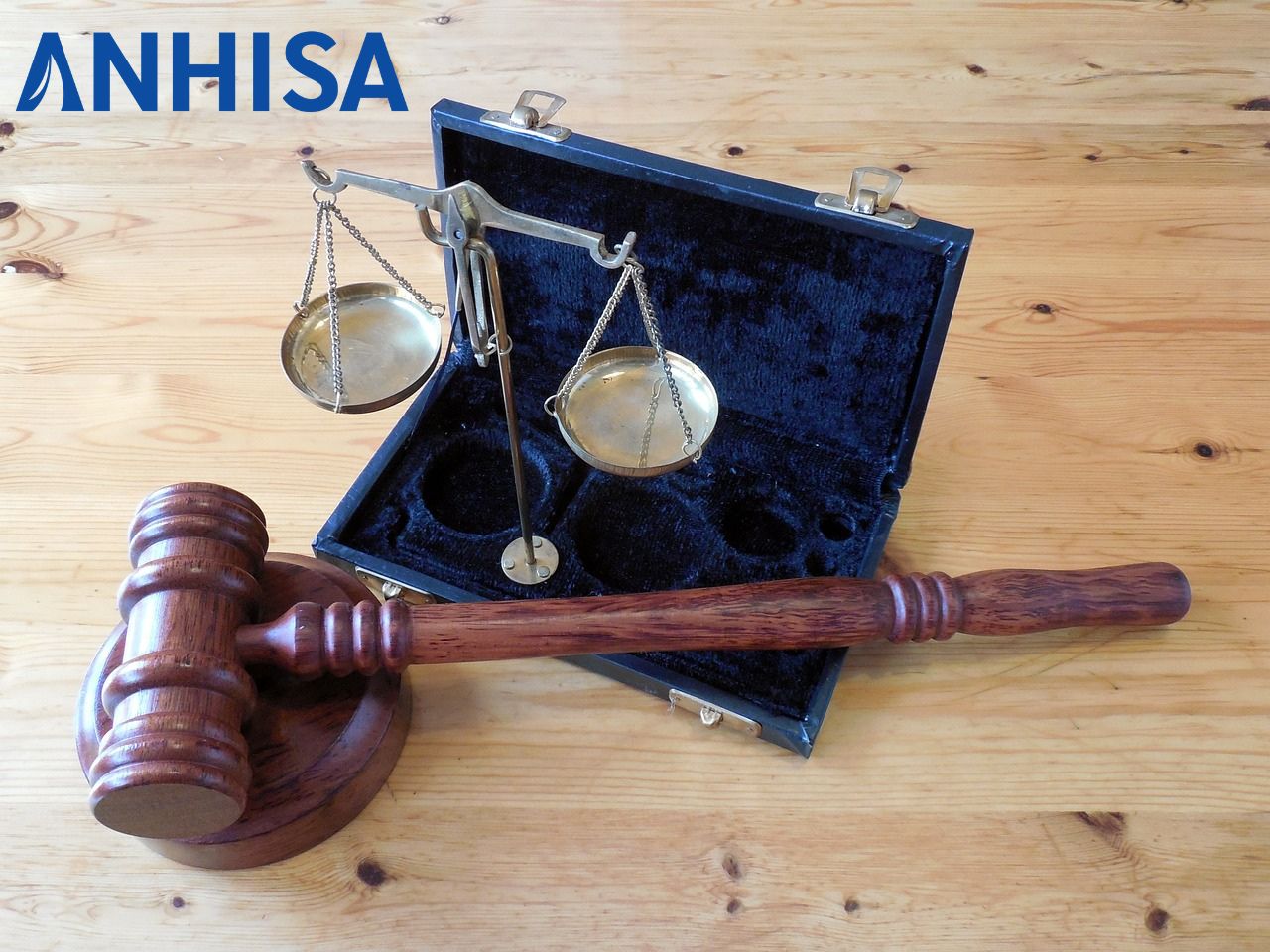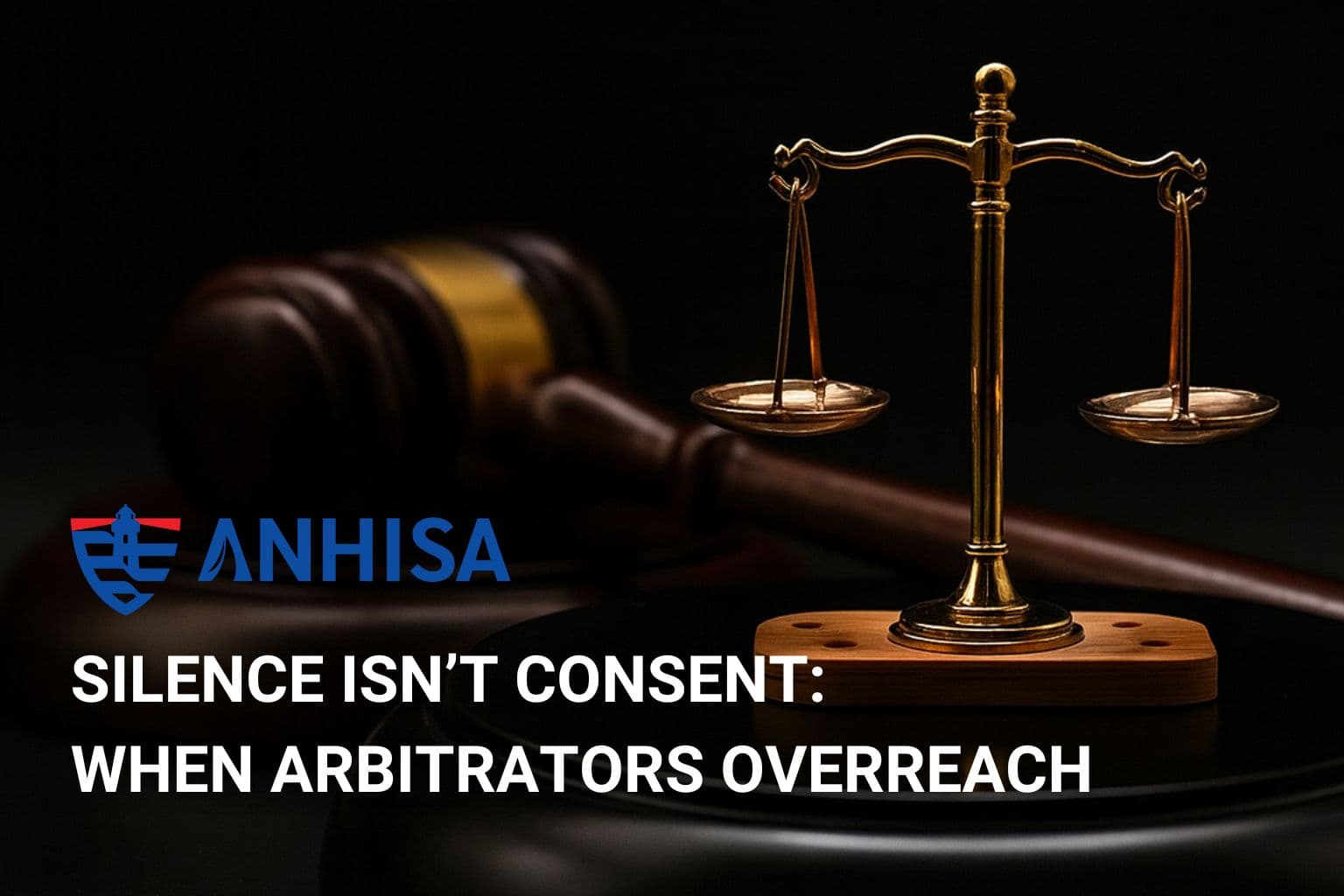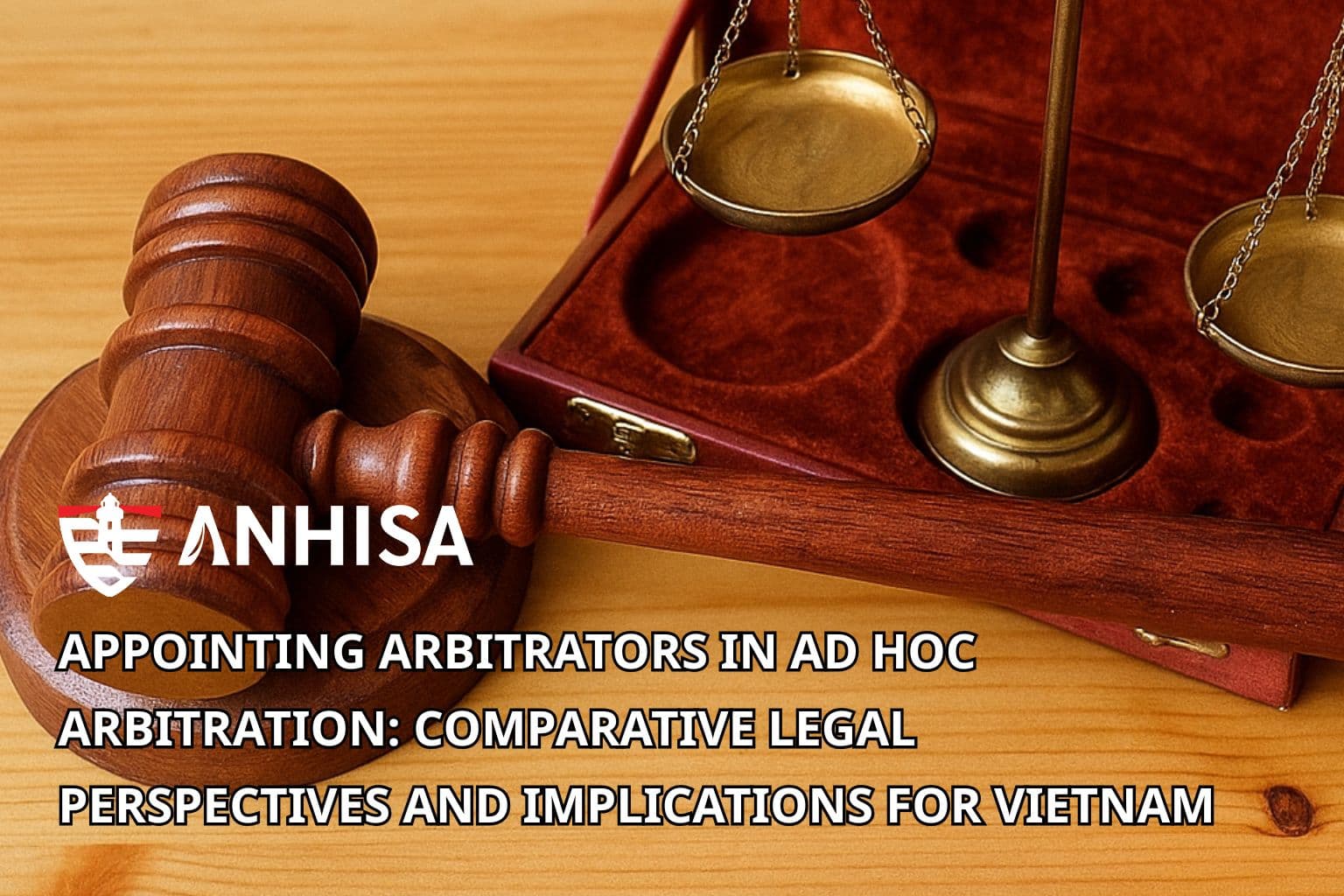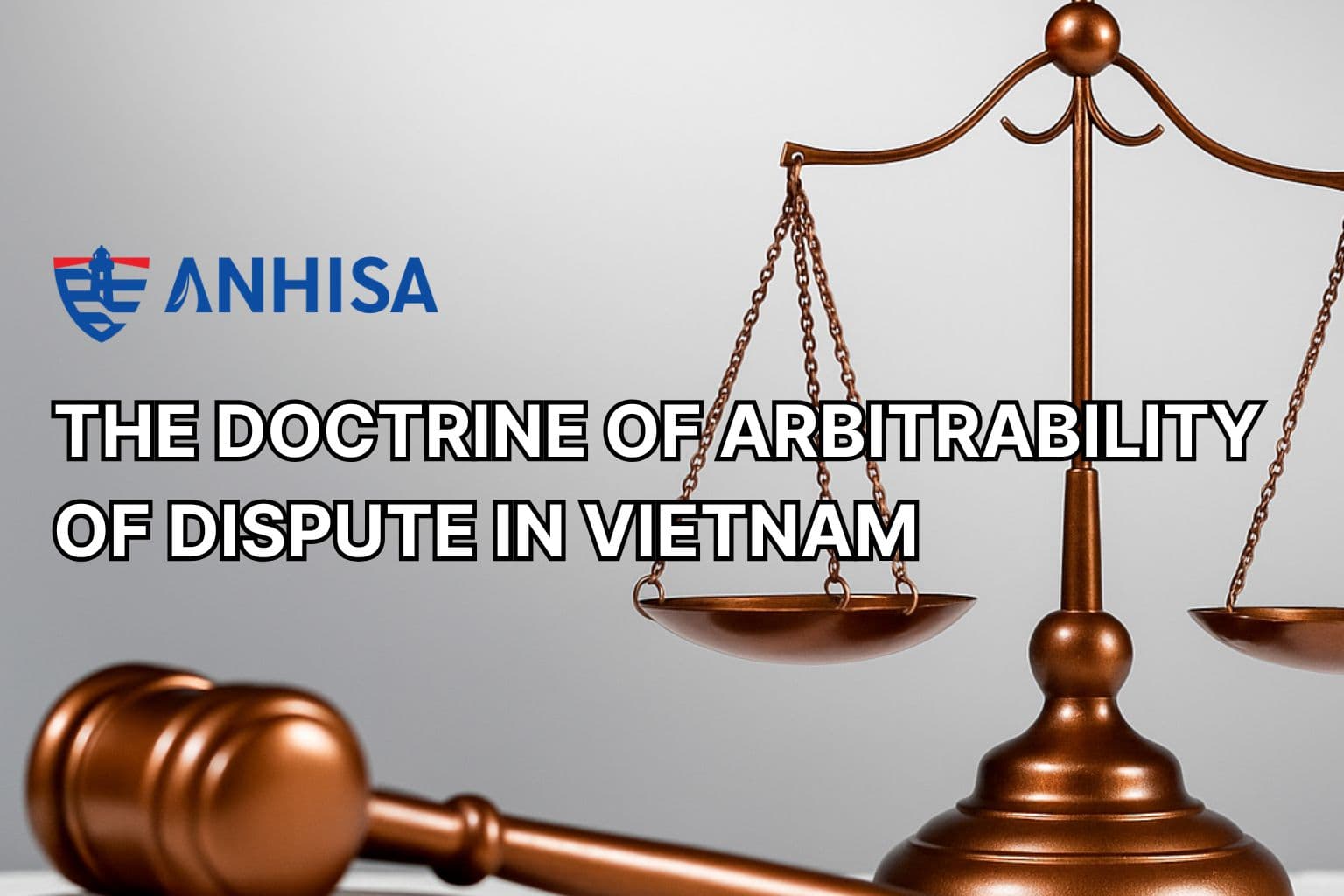ARBITRATION: RESCUING DEFECTIVE ARBITRATION CLAUSES: LEGAL APPROACHES TO INOPERABILITY
September 10, 2025
Foreword
Arbitration has become a widely preferred method for resolving commercial disputes thanks to its flexibility, neutrality, and enforceability. The effectiveness of arbitration depends largely on the clarity and enforceability of the arbitration agreement. In practice, many disputes arise from clauses that are poorly drafted or incomplete – commonly known as pathological arbitration clauses – which create uncertainty for both courts and tribunals.
This article examines how such defective clauses are treated in various legal systems, highlighting efforts by courts in jurisdictions to uphold arbitration agreements where the parties’ intent is clear, even if the clause is imperfect. It also considers the Vietnamese legislation context, focusing on how domestic law provides mechanisms to address ambiguities and secure arbitration as a valid forum.
Indicators of a Defective Arbitration Clause
A defective arbitration clause, also known as a “pathological arbitration clause”, is a concept first coined by Frédéric Eisemann, former Secretary-General of the International Court of Arbitration of the International Chamber of Commerce (“ICC”). It refers to arbitration clauses that fail to fulfill the essential functions of a valid arbitration agreement, including:
- binding the parties to arbitration;
- excluding the jurisdiction of state courts;
- granting authority to arbitrators to resolve legal disputes; and
- ensuring an efficient, enforceable dispute resolution mechanism.
In practice, defective arbitration agreement often suffers from structural deficiencies, such as contradictory terms, vague references to non-existent institutions or procedures, or the absence of core elements like a proper seat, procedural rules, or an appointment mechanism. These defects frequently result in inconsistency, uncertainty, and ultimately inoperability, placing courts in the difficult position of determining whether arbitration can still be upheld (see further analysis in this post).
Judicial trends, particularly in arbitration-friendly jurisdictions such as France, Singapore, the UK, and Switzerland, show a growing willingness to adopt a pro-arbitration interpretative approach. Courts aim to salvage flawed clauses where possible, guided by the principle of effet utile or the principle of effective interpretation, which seeks to give legal effect to the parties’ intention to arbitrate. For example, in,[1] the English court interpreted the ambiguous phrase “arbitration, if any, by ICC Rules in London” as binding, treating “if any” as redundant or shorthand for “if a dispute arises.”[2]
When Arbitration Clauses Fail: Approach to Inoperability and Tribunal Response
In jurisdictions that adopt a pro-arbitration stance, courts and arbitral tribunals are generally reluctant to declare an arbitration clause inoperative merely because of technical or drafting flaws. Instead, they seek to preserve the parties’ intent to arbitrate by applying liberal principles of contractual interpretation, often guided by good faith, effectiveness, and the international policy favoring arbitration as the primary means of resolving commercial disputes.
A central tenet of this approach is the notion that, where possible, arbitration clauses should be upheld and interpreted in a manner that gives effect to the agreement rather than defeating it. This is achieved through three core principles commonly observed in pro-arbitration legal systems:
- the genuine intent of the parties to submit disputes to arbitration must be preserved;
- ambiguous clauses should not advantage the drafter at the expense of the counterparty; and
- where multiple interpretations are available, preference must be given to the construction that renders the clause effective rather than void.

Courts following this approach often adopt a functional interpretation of arbitration agreements, focusing on their essential purpose rather than formalistic defects. This approach was illustrated in Sineco v. Société Shure Brothers Incorporated,[3] where a clause providing for arbitration in Chicago under the AAA Rules was challenged for inapplicability, as the dispute arose from an extra-contractual breach (namely, a failure to renew the contract). The court, however, emphasized the overarching intent of the parties to arbitrate and concluded that the arbitration agreement extended to such disputes, regardless of whether they were strictly contractual in nature.[4]
Similarly, when interpreting the standard ICC arbitration clause that states “All disputes arising out of or in connection with the present contract shall be finally settled under the Rules of Arbitration of the International Chamber of Commerce…”[5]— Courts have affirmed that such wording is sufficiently broad to encompass both contractual and non-contractual claims, such as tort or restitution. This view has been upheld in various judicial decisions, reinforcing the modern tendency to interpret arbitration clauses expansively rather than restrictively.[6]
The same interpretative philosophy is evident in cases where arbitration clauses are silent or ambiguous as to critical aspects such as the applicable rules, arbitral institution, or governing seat. Rather than declaring the clause inoperative, courts and tribunals have filled the gaps using supplementary methods, whether through implied consent, application of default provisions under the UNCITRAL Model Law, or reliance on conflict-of-laws principles.
This pro-arbitration approach also extends to procedural defects. For example, even where a clause imposes multi-tier dispute resolution obligations (e.g., requiring negotiation or mediation before arbitration), many tribunals treat these preconditions as directory rather than mandatory, unless clearly expressed otherwise.
Ultimately, jurisdictions that embrace this arbitration-friendly ethos view the doctrine of inoperability as a last resort—applicable only when the arbitration clause is incurably vague, incomplete, or internally inconsistent to the extent that no coherent interpretation can be sustained. In all other cases, their courts strive to interpret the clause in favor of arbitration, reinforcing the principle that arbitration agreements, even if defective in form, should not be easily invalidated if the parties’ intent is clear.
Typical Caselaw Regarding Interpretation of Defective Arbitration Clause
One of the typical cases that reflects the spirit of effective interpretation of arbitration agreements that are alleged as a pathological clause due to being inoperable is Insigma Technology Co Ltd V Alstom Technology Ltd.[7]
The parties of this case are Insigma Technology Co Ltd and Alstom Technology Ltd, which entered into the License Agreement related to the grant of a limited license to use Alstom’s “wet flue gas desulfurization” technology. In the License Agreement, there is an arbitration clause concluded as follows:
Quote
“Any and all such disputes shall be finally resolved by arbitration before the Singapore International Arbitration Center in accordance with the Rules of Arbitrations of the International Chamber of Commerce then in effect, and the proceedings shall take place in Singapore and the official language shall be English…”
Unquote
When a dispute arose between the parties, Alstom filed a request for arbitration to the International Chamber of Commerce (“ICC”) on 01 August 2006, seeking the settlement of disputes under the ICC Rules of Arbitration (1998 edition). Notably, while designating the ICC Rules, Alstom requested that the arbitration proceedings be conducted in Singapore and administered at the premises of the Singapore International Arbitration Centre (“SIAC”).
Insigma, however, challenged this request. It filed a counterclaim alleging that Alstom had breached the Arbitration Agreement under their License Agreement by invoking ICC jurisdiction instead of referring the dispute to SIAC as the agreed administrative body. This raised a fundamental challenge: the Arbitration Agreement appeared to refer simultaneously to two different institutions, including ICC for rules, and SIAC for administration, resulting in an alleged pathological clause.
After several exchanges with SIAC, Alstom eventually withdrew its ICC request and recommenced arbitration at SIAC, this time attempting to proceed under the ICC Rules. Once the Tribunal was constituted, it was tasked with determining, as a preliminary issue, whether the arbitration clause was inoperative as alleged by Insigma.
The Tribunal acknowledged the distinction between the ICC and SIAC as arbitral institutions. Nevertheless, SIAC confirmed that it would be willing and technically capable of administering the arbitration under the ICC Rules. SIAC even proposed a practical institutional mapping: its Secretariat, Registrar, and Board of Directors would correspondingly undertake the roles of the ICC Secretariat, ICC Secretary-General, and ICC Court under the ICC Rules, mutatis mutandis.
Ultimately, the Tribunal ruled against Insigma’s challenge and held that the Arbitration Agreement was valid, enforceable, and capable of being performed. The Tribunal emphasized that, in international arbitration, all reasonable efforts must be made to uphold the parties’ agreement.
Since SIAC had agreed to administer the arbitration and could, in substance, perform the functional roles assigned under ICC Rules, the Tribunal refused to find the arbitration clause inoperative.
Insigma subsequently appealed to the High Court, arguing that the Arbitration Agreement was uncertain and inoperable, and that the Tribunal was improperly constituted under SIAC Rules instead of the ICC mechanism. The High Court, however, rejected Insigma’s arguments.
The Court held that the parties had agreed not to an institutional arbitration in a strict sense, but rather a hybrid form of arbitration: SIAC administering an arbitration governed by ICC Rules. The Court found no legal obstacle to one arbitral institution administering arbitration under the procedural rules of another institution. The Court further emphasized that such an approach respected the principle of party autonomy, and that the degree of institutional adaptation adopted by SIAC was consistent with the flexibility allowed under the ICC Rules.
This interpretation aligned with the pro-arbitration principle that prefers an interpretation which upholds, rather than defeats, the parties’ arbitration agreement. The Court explicitly applied the principle of effective interpretation, stating that:
Quote
“Where a clause can be interpreted in two different ways, the interpretation enabling the clause to be effective should be adopted in preference to that which prevents the clause from being effective,” and “prefer the interpretation which gives meaning to the words, rather than that which renders them useless or nonsensical.”
Unquote
Through this lens, the Court salvaged what appeared at first to be a defective or inoperable clause, reinforcing the international judicial trend of giving maximum effect to party intentions, especially in cross-border commercial disputes.

Interpretation of Defective Arbitration Clause under Vietnamese Law
In Vietnam, although arbitration as a method of dispute resolution has only relatively recently developed, it has nonetheless become an important and increasingly preferred mechanism alongside litigation before the courts. The growing recognition of arbitration reflects a broader shift toward more efficient and specialized means of resolving commercial disputes.
In line with global trends and the development of international arbitration practices, Vietnam has incorporated international standards into its domestic legal framework through the Law on Commercial Arbitration 2010 and Resolution No. 01/2014/NQ-HĐTP issued by the Judges’ Council of the Supreme People’s Court (“Resolution 01″).
With regard to defective arbitration agreements, and more specifically inoperable arbitration clauses, these are expressly addressed under Article 4 of Resolution 01, which provides guidance for the application of Article 6 of the Law on Commercial Arbitration 2010. An arbitration agreement shall be deemed inoperable under Vietnamese law if it falls into one of the following categories:
- The parties have agreed to refer disputes to a specific arbitration center that has ceased to operate, with no successor organization, and they fail to reach an agreement on a substitute arbitration center.
- The parties have specifically agreed on an ad hoc arbitrator, but due to force majeure or objective impediments, such arbitrator is unable to act, and no replacement can be agreed upon by the parties.
- The agreed arbitrator refuses appointment or the arbitration center declines to appoint the arbitrator, and the parties fail to agree on an alternative arbitrator.
- The parties have agreed to refer disputes to one arbitration center while simultaneously agreeing to apply the procedural rules of a different arbitration center, but the selected center’s rules or charter do not permit the application of external procedural rules, and the parties cannot agree on substitute procedural rules.
- In consumer contracts, where the arbitration clause is unilaterally drafted by the supplier in standard terms, if the consumer refuses arbitration upon a dispute arising.
The legislative intent to preserve the validity of arbitration agreements, even where certain key elements of a standard arbitration clause are absent, is clearly reflected in Article 43(5) of the Law on Commercial Arbitration 2010.
Quote
“Where the parties have entered into an arbitration agreement but have not specified the form of arbitration or have failed to designate a specific arbitration institution, then upon the occurrence of a dispute, the parties must agree again on the form of arbitration or the arbitral institution to resolve the dispute. If the parties cannot reach such an agreement, the claimant shall have the right to unilaterally determine the form of arbitration or designate an arbitral institution to resolve the dispute.”
Unquote
In our shipping practice, we often encounter bills of lading that merely state that disputes “shall be settled by arbitration” without specifying the form (i.e., institutional or ad hoc) or the administering arbitral institution. Nevertheless, these bills are duly signed and endorsed by the relevant parties, thereby reflecting mutual consent.
Based on the principle of effective interpretation and the remedial mechanism established in Article 43(5), such arbitration clauses should be recognized as valid and enforceable. More importantly, such a clause should be regarded as a crucial mechanism for excluding the jurisdiction of the courts. Despite its lack of detail regarding the form or administering institution of arbitration, the mere existence of a mutually agreed arbitration clause, combined with the remedial framework under Article 43(5) of the Law on Commercial Arbitration 2010, demonstrates the parties’ shared intention to refer the dispute to arbitration instead of court.
However, despite this legal framework, practical challenges persist. In particular, arbitration clauses that lack express designation of an arbitral institution continue to raise questions regarding their enforceability and the jurisdictional competence of arbitral tribunals versus state courts. This uncertainty is further compounded by inconsistent judicial interpretations, such as those seen in recent decisions of Vietnamese courts, which diverge on whether Article 43(5) preserves such agreements or renders them inoperable under Article 6 of the Law on Commercial Arbitration. One of the decisions of the Vietnamese Courts relating to this matter is Decision No. 02/2023/QĐ-PQTT in the case of D Entertainment Investment Services Company Limited (Company D) v. V Joint Stock Company (Company V) [2023] of the Ba Ria – Vung Tau People’s Court (currently Ho Chi Minh People’s Court), in which the Court set aside the entire Award and argubly held that no valid arbitration agreement existed between the parties, and that the Arbitration Centre therefore lacked jurisdiction despite the fact that both parties expressly signal their intent to choose arbitration but mistakently stated the wrong name of arbitrartion centre (see further analysis in this article).
Conclusion
Arbitration agreements should not be invalidated solely due to technical defects when the parties’ intent to arbitrate is evident. International jurisprudence and the principle of effet utile support a functional interpretation that upholds such agreements despite formal imperfections.
Vietnamese law, particularly Article 43(5) of the Law on Commercial Arbitration 2010, embraces this pro-arbitration approach by empowering claimants to designate the arbitral forum when key procedural terms are missing. This safeguard is essential to preserve incomplete but operable arbitration clauses and to avoid unnecessary recourse to court litigation.
However, divergent interpretations among Vietnamese courts signal a pressing need for consistent application and formal guidance, whether through binding precedents or judicial clarification.
As arbitration becomes increasingly relevant in Vietnam, it is vital for courts to adopt a unified, arbitration-friendly stance – one that respects party autonomy and favors enforcement where a genuine agreement to arbitrate exists.
[1] Mangistaumunaigaz Oil Production v United World Trade Inc [1995] 1 Lloyd’s Rep 617.
[2] (1995) Charles No. Brower & Abby Cohen Smutny, “Recent Decision Involving Arbitral Proceedings”, The International Lawyers, Volume 30 No.2, page 279. Access at: Recent Decisions Involving Arbitral Proceedings
[3] Sineco v. Société Shure Brothers Incorporated [2004] Cour d’appel de Paris.
[4] (2020) Rocio Digon, Kamil Mehiz & Tony Cole, “Judicial Interpretation of Standard Arbitration Clauses”, The Cambridge Handbook of Judicial Control of Arbitral Awards, Chapter 7, Part II – Scope and Interpretation of Arbitration Clause, page 99 – 118. Access at: Judicial Interpretation of Standard Clauses (Chapter 7) – The Cambridge Handbook of Judicial Control of Arbitral Awards
[5] International Chamber of Commerce, “Arbitration Clause”. Access at: Arbitration Clause – ICC – International Chamber of Commerce
[6] (2009) Gary Born, International Commercial Arbitration, Volume II, ISBN 976, page 1349.
[7] Insigma Technology Co Ltd v Alstom Technology Ltd [2009] SGCA 24
AUTHORS
DANG VIET ANH
Managing Partner
Mobile: (+84) 983 467070
Email: anh@anhisa.com
TRUONG CONG HONG
Senior Associate
Mobile: (+84) 909 814090
Email: hong@anhisa.com
NGUYEN THI PHUONG THAO
Associate
Mobile: (+84) 919 205984
Email: thao@anhisa.com
This article aims to furnish our clients and contacts with general information on the relevant topic for reference purposes only, without creating any duty of care on the part of ANHISA. The information presented herein is not intended to serve, nor should it be considered, as a substitute for legal or other professional advice.
ANHISA LLC AND OUR EXPERTISE
ANHISA LLC is a boutique law firm specializing in Dispute Resolution, Shipping and Aviation. Being the leading lawyers in various fields of law, our qualified, experienced, and supportive team of lawyers know how to best proceed with a case against or in relation to Vietnamese parties and are well equipped to provide clients with cost-effective and innovative solutions to their problems.
Regarding dispute resolution, we have represented Vietnamese and foreign clients in the resolution of disputes involving maritime, construction, commercial and civil matters. Our lawyers are well-equipped to offer services on a wide range of disputes and conflicts, whether cross-border or purely domestic, to appear before any Judges or Arbitral Tribunals. The firm is prepared to assist clients in designing the appropriate dispute resolution procedure to help resolve conflicts as efficiently and cost effectively as possible, which may involve combining elements of mediation and other methods such as arbitration.
Related posts

SILENCE ISN’T CONSENT: WHEN ARBITRATORS OVERREACH
November 27, 2025

APPOINTING ARBITRATORS IN AD HOC ARBITRATION: COMPARATIVE LEGAL PERSPECTIVES AND IMPLICATIONS FOR VIETNAM
October 08, 2025

PARTIES TO AN ARBITRATION AGREEMENT
October 01, 2025

THE DOCTRINE OF ARBITRABILITY OF DISPUTE IN VIETNAM
September 24, 2025
- EMAIL:
- om@anhisa.com
- office@anhisa.com
- TEL:
- Hanoi Office: +84 24 320 47609
- Saigon Office: +84 28 5416 5873
- HOTLINE:
- +84 (0) 939 117 398
- +84 (0) 983 488 380

